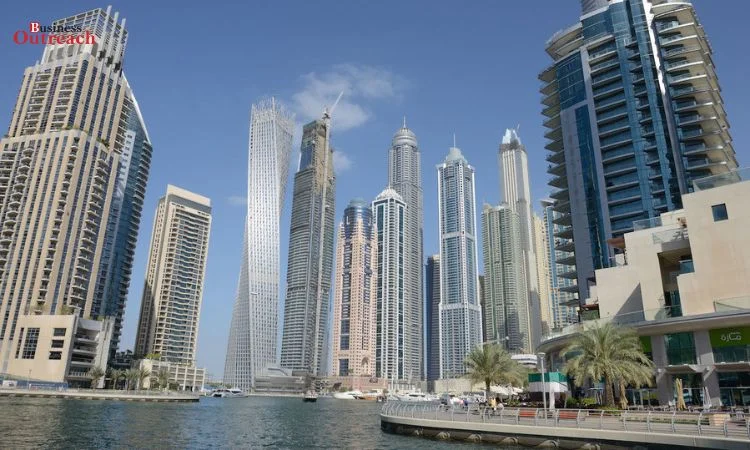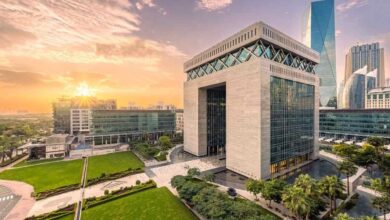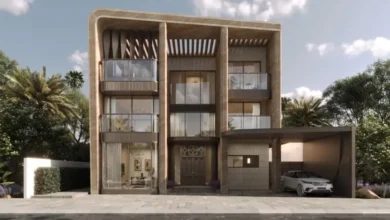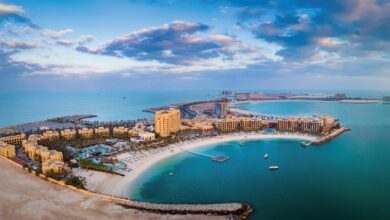
Overview of the Real Estate Sector
Exuding strength, Dubai’s realty sector is literally abuzz with substantial residential developments and growing property values in 2024. According to a recent report published by ValuStrat, the city is likely to record the handing over of 38,174 new homes before the end of the year. This surge in construction activity clearly shows the city’s lure to investors and residents alike.
Construction Progress and Project Highlights
As many as 6,939 apartments and 2,145 villas have been handed over during the first half of 2024 in Dubai, which accounts for 20 percent of the estimated total for this year. The major projects that drove this important milestone are Creek Views 1 and 2 for apartments, and Murooj Al Furjan West and Silver Springs 3 for villas. As far as future construction is concerned, 91,718 apartments and 28,385 villas are in the pipeline for completion by 2028. Jumeirah Village Circle followed tightly by Business Bay and Jumeirah Lakes Towers places them as focal points for residential growth in the near future.
Market Dynamics and Economic Drivers
These economic initiatives and government policies are in place, among which are the ones aimed at boosting Dubai’s real estate growth. Initiatives pertain to extended residence permits for retirees and remote workers, and an expansion of the 10-year Golden Visa program, thereby improving investor confidence and an increase in demand for property. Further helping the property market on its upward trajectory is the fact that economic diversification efforts in Dubai have strengthened the overall stability of the economy.
Property Values and Rental Market Analysis
The valuations for Dubai’s real estate segments showed remarkable growth, with annual increases in capital values of 33.4 percent in villas and 23.4 percent in apartments. Further, prices for apartments in Palm Jumeirah rose past their previous peak values, thereby highlighting the strongly felt demand and resilience in this market. Rental values recorded strong growth on the other side as well, wherein apartment rents increased by 16.9 percent annually to Dh89,100, while that of villas rose by 3.5 percent annually to Dh408,200.
Transaction Trends and Investment Insights
During the second quarter of 2024, 7,921 mortgage transactions were finalised for Dh26 billion, and cash transactions for ready properties reached Dh35 billion. Off-plan registrations reached Dh59.9 billion, with Jumeirah Village Circle and Business Bay topping transaction volumes. The data is therefore backing Dubai as an attractive destination for real estate investment by local and international investors that eye lucrative opportunities.
Resilience Amid Challenges
Despite all odds—be it the unprecedented rainfall and consequent flooding of April 2024—Dubai’s real estate market has been able to show its resilience. The immediate reaction from master developers and authorities ensured that property valuations and market stability were least affected by this event, thus showing the strength of the city in terms of infrastructure and crisis management.
Future Outlook and Conclusion
The outlook for Dubai’s real estate sector looks bright in the future, with its infrastructural projects still on and also very encouraging economic policies that attract more and more investors. The city is well positioned to remain as one of the most preferred places in the global real estate market landscape, considering the strategic location in which it connects various global businesses and leisure. Under such evolving market dynamics, the ability of stakeholders to keep pace with trends and adjust investment strategies in time will be highly important in reaping the most returns from any investment made within the thriving property market of Dubai.





